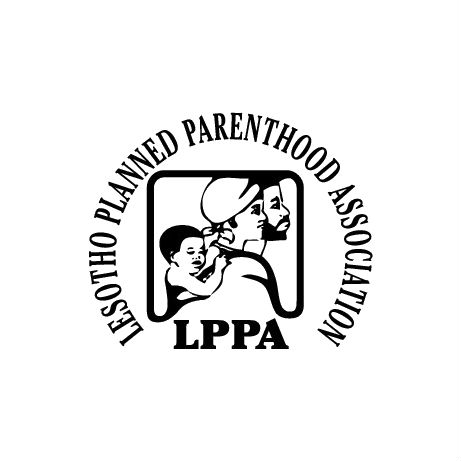

| 31 March 2016
Lesotho Planned Parenthood Association
One of IPPF’s central beliefs is that processes and approaches need to be adapted to meet the specific needs of a country. In Lesotho, a country with one of the highest HIV prevalence rates in the world, LPPA is very active in finding new ways to address neglected needs. LPPA provides a comprehensive range of sexual and reproductive health including: family planning, the management of sexually transmitted infections (STIs), screening for cancers of the reproductive system, the distribution of contraceptives and emergency contraceptives, pregnancy testing, post-abortion care, voluntary counselling and testing (VCT) and the management of infections. Clients are referred to other centres for CD4 tests and ARV treatment. LPPA reaches out to the communities it serves through 47 service points: 10 permanent clinics, 9 private providers, 30 associated agencies, 90 peer educators and 14 community-based distributors (CBDs). There are 54 permanent staff who are supported by over 200 volunteers. An estimated 75% of LPPA's clients are poor, marginalized, socially excluded and/or under-served. Target groups include cattle herders, prisoners, rural populations, factory workers, university students, police trainees and people living with HIV and AIDS. LPPA targets out-of-school children, and disseminates SRH information through drama, puppetry, sports for life, and facilitated discussions. Other education programmes include health talks, workshops, performances and radio and TV shows. In advocacy, LPPA reaches out to teachers, religious leaders and government leaders to promote favourable approaches to, and legislation on, SRH. LPPA has influential partnerships with government health and population departments, and it partners with major non-governmental organizations (NGOs). Donors include Irish Aid, UNDP, the Japan Trust Fund, and IPPF’s Korea Africa Fund. The Member Association has strong linkages with other organizations across the country, particularly in relation to HIV and AIDS.

| 31 March 2016
Family Planning Association of Nepal
Established in 1959. the Family Planning Association of Nepal (FPAN) is Nepal's first national family planning service delivery and advocacy organization. It is a major collaborator of the Government of Nepal's national sexual and reproductive health (SRH) program, contributing a greater percentage of all SRH services in Nepal annually. FPAN serves Nepalese people in 44 districts, focusing on the poor, marginalized, socially excluded and underserved (PMSEU) populations, which include female sex workers, people living with HIV (PLHIV), LGBTIQ people, injecting drug users, men who have sex with men (MSM), migrant workers, people with disabilities (PWD), survivors of gender-based violence (GBV), urban slum dweller and people affected by disaster and crisis. The mission of FPAN is to "champion a volunteer movement for increased provision of SRHR to all, particularly to those most at risk, marginalized, and under-served". The planned outcomes set by FPAN for the strategic planning period (2016-2022) include: Nepal Government respects, protects and fulfil sexual and reproductive rights and gender equality; Nepalese people empowered to act freely on their sexual and reproductive health and rights; a high quality integrated sexual and reproductive health services delivered; and a high performing, accountable and strong FPAN. The success of FPAN is due to its extensive and diverse network of service delivery points, as well as its expertly trained staff and volunteers who provide services in areas where they would otherwise be unavailable. FPAN provides an Integrated Package of Essential Services (IPES), which includes sexuality counselling, contraception, including emergency contraception, safe abortion, STIS/RTIs, HIV & AIDS, obstetrics, gynecological and sexual & gender-based violence services. These services are provided across 974 service delivery points (including 270 clinical SDPs, 22 family health clinics, 56 community health clinics, 75 associate clinics, 117 mobile teams, and 794 non-clinical service delivery points). FPAN provides approximately four million SRH services each year across its service delivery points, with family planning accounting for 40%, STIs/RTIs for 14%, gynaecological services for 12%, HIV services for 10%, and other services accounting for the remaining 24%. FPAN has eight clinical training centres that are connected to its family health clinics, which provide full range of family planning and reproductive health services. The training centres are accredited by the National Health Training Centre, (MoHP). These centres provide a variety of family planning and sexual and reproductive health training to health care providers from FPAN, government, and non-governmental organizations (NGO) health facilities.







